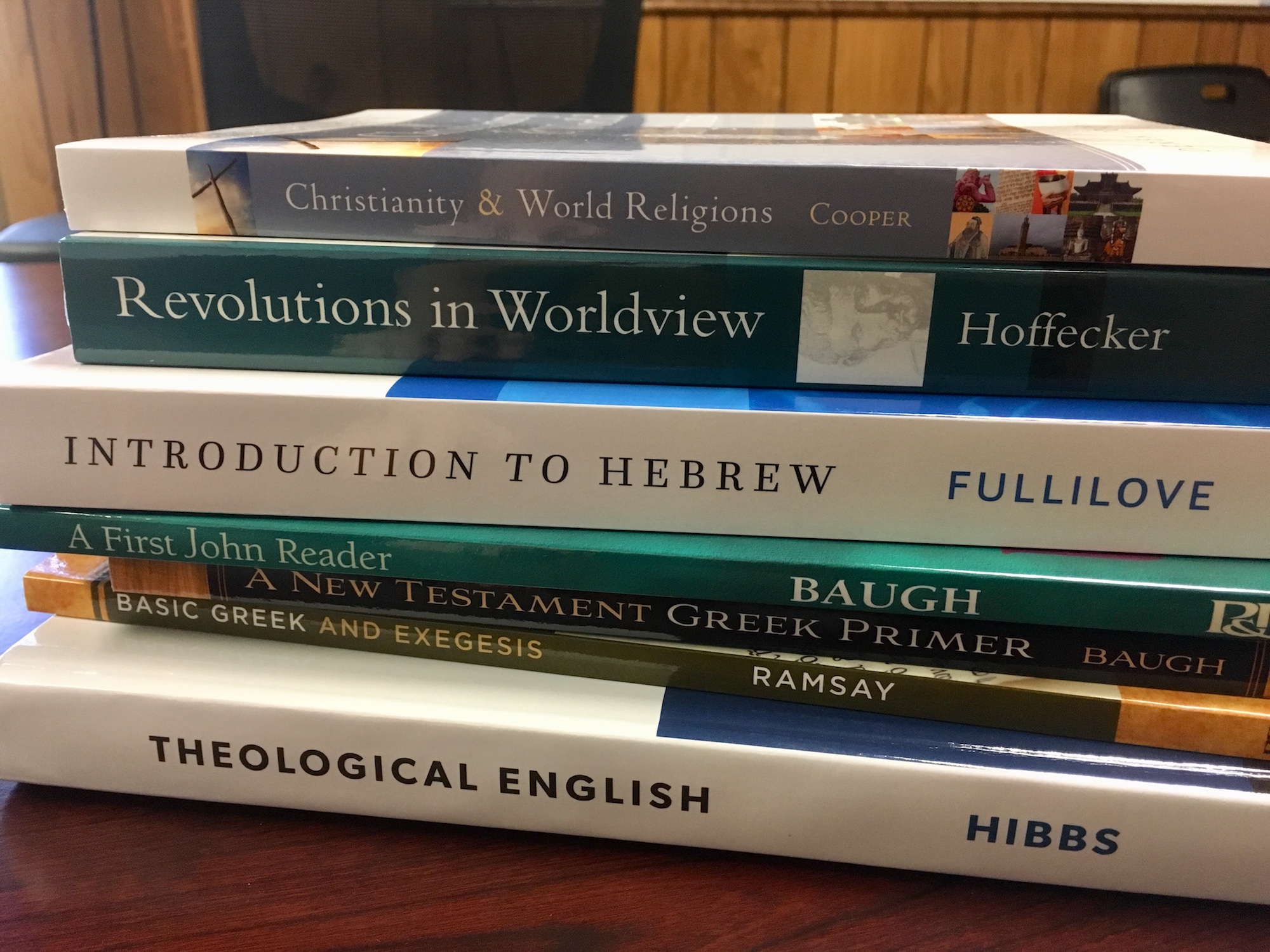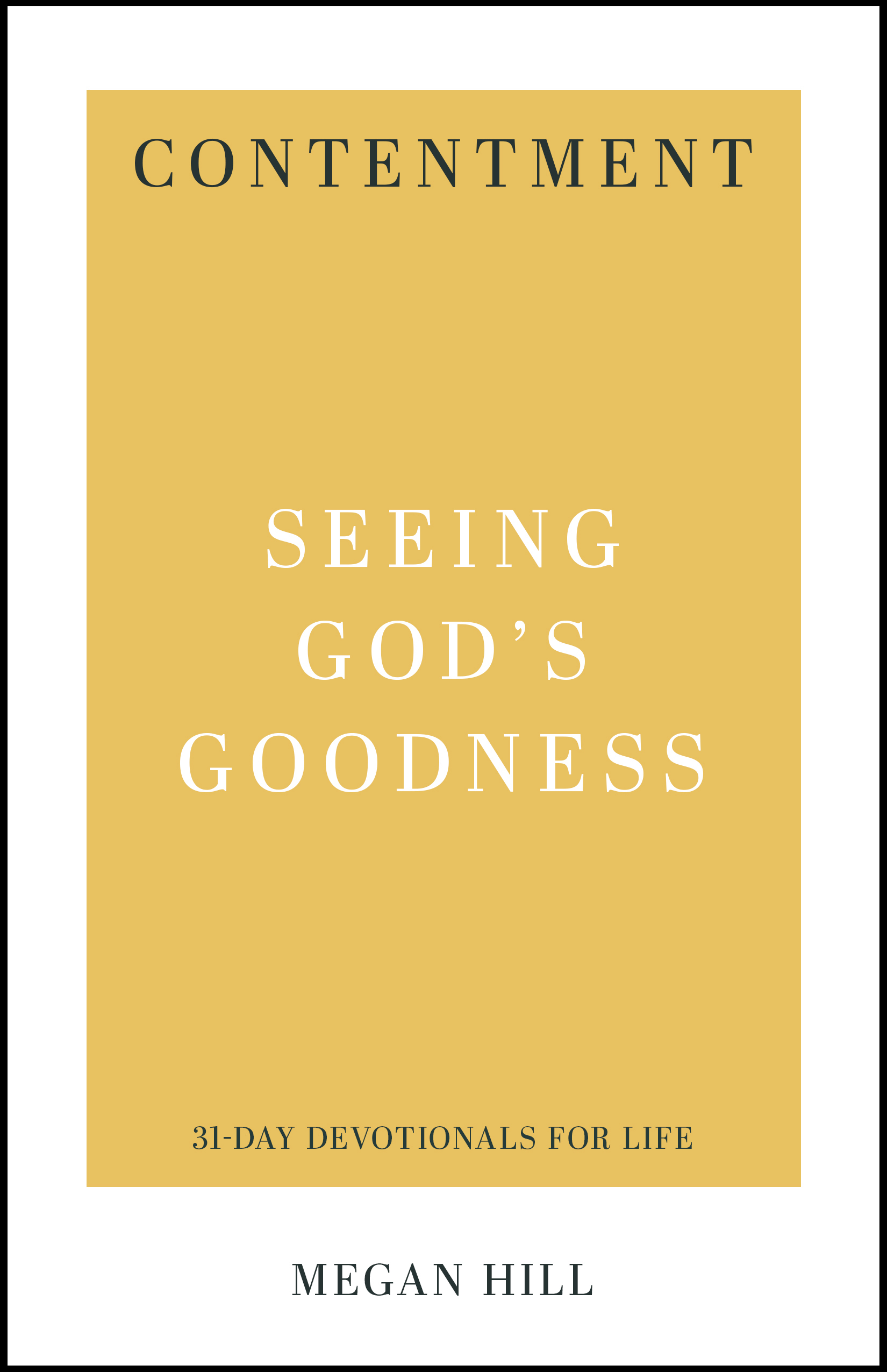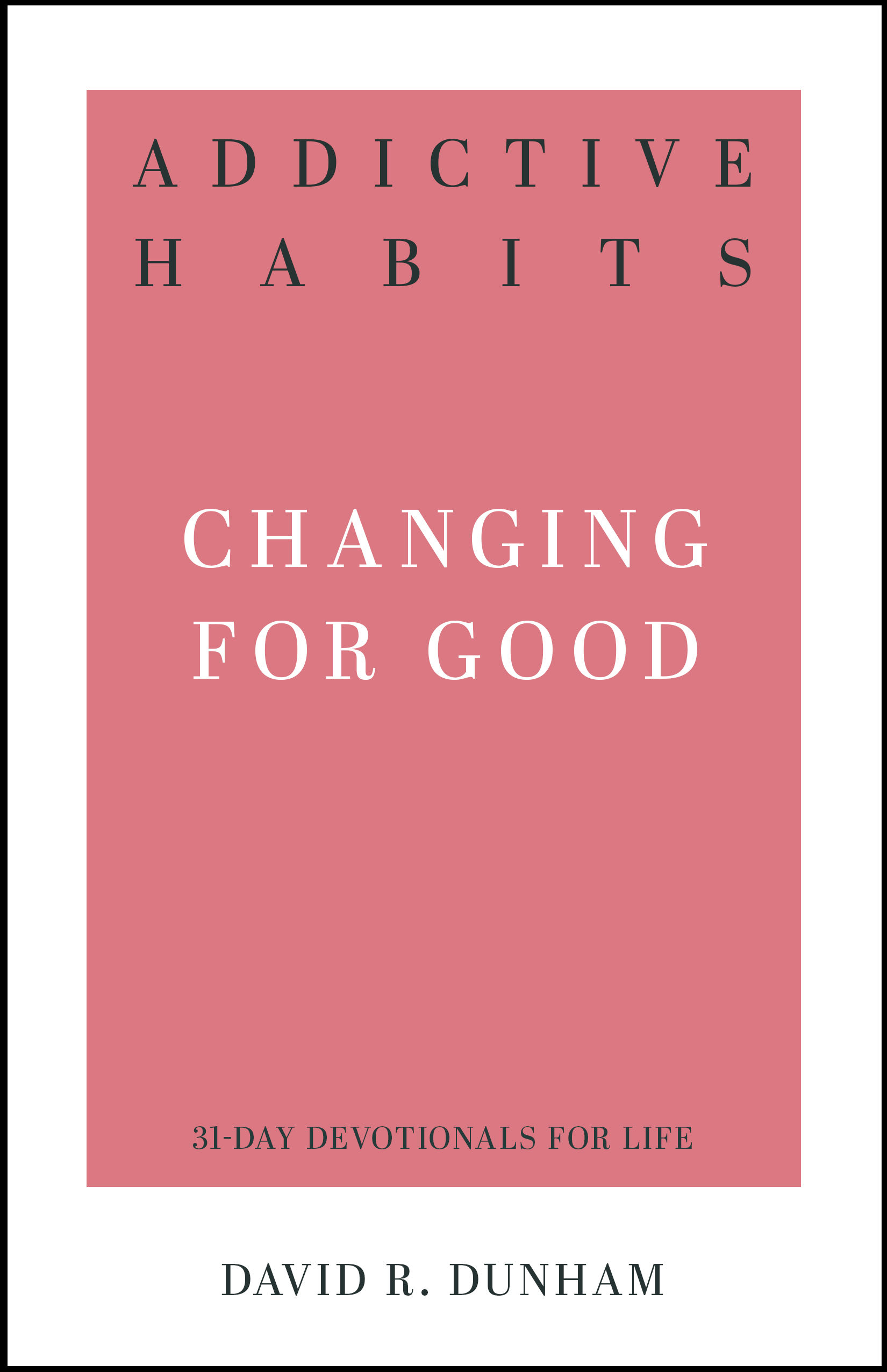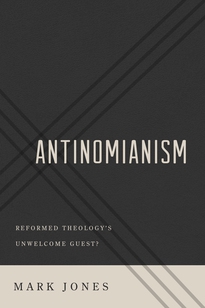Here’s a listing of some of our textbooks.

1. Theological English: An Advanced ESL Text for Students of Theology by Pierce Taylor Hibbs with Megan Reiley
About
Are you a non-native English speaker who plans to study theology in English at an advanced level?
With thirty lessons covering the major genres of theology (apologetics, biblical studies, church history, systematic theology, and practical theology), Theological English invites you to develop your English skills while actively putting them to use.
- Build your skills in reading, listening, speaking, and writing English
- Reinforce your skills through relevant tasks and activities
- Explore answers to important biblical and theological questions
Drawing on the latest language-acquisition research, Theological English provides practical and effective activities in a Reformed theological context. Shaped and validated by student feedback over years of use, it is a sure guide to a complex subject—and one that will take you far in your studies.
Endorsements
“This book is much needed.”
—John Frame
“This book both helps to pioneer a field where few resources currently exist and sets a very high standard for other future efforts.”
—Will Bankston, Editor, Thinking Theologically about Language Teaching
“A compelling introduction to theology that effectively builds the reader’s mastery of the English language. Though marvelously useful for non-native English speakers, any budding student of theology will profit significantly from the language skills absorbed along this reverent theological pilgrimage.”
—David B. Garner, Associate Professor of Systematic Theology, Westminster Theological Seminary
2. Christianity and World Religions: An Introduction to the World’s Major Faiths by Derek Cooper
About
Derek Cooper takes us on a two-part tour of the world’s most influential religions: Hinduism, Buddhism, Confucianism and Taoism, Judaism, Islam, and Christianity.
The first part discusses the essentials of each faith by looking at each faith’s creation story, historical origin, beliefs, religious writings, and worship practices, and adds Christian reflections about it.
The second surveys how biblical authors and important Christians in church history have responded to different religions. An appendix includes some helpful primary and secondary books relating to this theme.
Due to the increasingly global culture in which we live, it is important for Christians to know something about the major world religions so that we can speak confidently about our faith—there is no place in our interactions for fear. On the contrary, by learning about other religions we are able to learn more about God and Christianity, and how we can be more faithful to Christ.
Endorsements
“Christianity and World Religions is a special book. . . . It is an easy read, not because the material is easy, but because of the author’s engaging, clear, and concise style. Any Christian who reads the newspaper on a regular basis will want to read this book in order to relate to current events.”
—Paul D. Kooistra, Coordinator, Mission to the World, PCA
“This text functions very well as a handbook of religions and Christian responses or as an introductory textbook in a Christian-oriented class on world religions.”
—Dennis Okholm, Professor of Theology, Azusa Pacific University
“Peppering it with engaging personal anecdotes and supplementing it with helpful charts, tables, and sidebars throughout, Cooper has authored a truly helpful book.”
—Michael Lodahl, Professor of Theology and World Religions, Point Loma Nazarene University
3. Revolutions in Worldview: Understanding the Flow of Western Thought edited by W. Andrew Hoffecker
About
Revolutions in Worldview: Understanding the Flow of Western Thought traces the historical development of the Western mind through ten eras. It explores the fundamental ideas that revolutionized the way in which people thought and acted from the ancient Greeks and the biblical writers through the Medieval, Renaissance, Reformation, Enlightenment, Modern, and Postmodern periods.
Endorsements
“Learned and lucid, this multiauthor survey of Western thought about God and the world from the Greeks and Hebrews to the exotically furnished vagaries of our own time will be a boon to serious students. It is a major achievement.”
—J. I. Packer, professor of theology, Regent College
“Written from a standpoint that emphasizes the majesty and lordship of God, and his sovereignty in his redemptive purposes, these chapters provide us with knowledge and perspective crucial for an integrated understanding of history and philosophy, and for current cultural analysis and engagement.”
—Ligon Duncan, senior minister, First Presbyterian Church, Jackson, MS
“Like its predecessor, Building a Christian World View, the authors of this well-written volume recognize the immense intellectual and practical importance of the concept of worldview itself and its inescapable human significance. . . . I hope, as the editor does, that it will be used as a formidable text in capstone courses for undergraduates regardless of discipline. I also believe it will help cast a new vision for graduate and seminary education.”
—David K. Naugle, professor of philosophy, Dallas Baptist University and author of Worldview: The History of a Concept
4. First John Reader: Intermediate Greek Reading Notes and Grammar by S.M. Baugh
About
An inductive introduction to intermediate Greek syntax, this reader enables students to apply the rudiments of Greek grammar to the actual interpretation of 1 John. The author of the innovative A New Testament Greek Primer, S. M. Baugh provides here a bridge between the study of Greek forms and the intelligent use of reference grammars.
This reader features:
- relevant reading notes on the text of 1 John
- useful vocabulary lists
- helpful review of lessons from A New Testament Greek Primer
- cross reference to other grammars: Machen, Mounce, Wenham, and Black
A First John Reader is ideal for intermediate students of Greek or those who want to review their knowledge of Greek with assistance in translation and interpretation.
5. A New Testament Greek Primer by S.M. Baugh
About
Higher quality, increased accuracy, and cleaner text now join the clarity, organization, and exercises you already trust to get you started with New Testament Greek.
This revised edition of Baugh’s introductory Greek grammar brings greater accuracy to the content of the previous editions, building on their success with classes, self-study groups, and individuals around the world. Baugh continues to emphasize both clarity and brevity by focusing on essentials for the introduction and beginning mastery of New Testament Greek. The text includes:
- a clear distinction between essentials and nonessentials
- concentration on mastering specific “sub-skills”
- helpful memorization aids, such as vocabulary grouping
- creative exercises drawn directly from the New Testament
- focus on forms that occur often in the New Testament
A New Testament Greek Primer also has appendices on paradigms, a glossary of terms, a subject index, and an answer key for all exercises, making it particularly beneficial for student learning. With grammar, exercises, and an answer key in one convenient volume, now with revised text, this complete introduction is well suited both for Greek classes and for self-study or review.
Endorsements
“Highly recommended to teachers who are considering new textbooks and to students seeking a text for independent or supplementary study. Furthermore, it may be one of the best resources available to the seminary graduate who needs an efficient and effective reintroduction to New Testament Greek.”
—Clarence deWitt Agan III
6. Introduction to Hebrew: A Guide for Learning and Using Biblical Hebrew by William Fullilove
If you’re learning Hebrew, why not enjoy it?
Sadly, most students of biblical Hebrew quit their studies at the most crucial moment—the transition from language basics to biblical exegesis. But you can flourish early on and progress further if you learn from the outset to read andexplain biblical texts effectively.
In this comprehensive introductory textbook, Professor William Fullilove covers the basics of biblical Hebrew morphology and syntax while developing skills in the beginner that are typically reserved for more advanced students. Hebrew study becomes rapidly rewarding as you start to
- appreciate nuances of God’s Word that you would not be able to see in translation;
- understand how to appropriately use the best tools and secondary resources to aid in exegesis; and
- learn how to use your Hebrew knowledge to enrich your own understanding, research, and teaching.
Your studies are valuable. Stay engaged as you learn how to handle God’s Word with depth, confidence, and robust exegesis.
Endorsements
“This is the best teaching grammar of biblical Hebrew available today. It has no rival. . . . What sets this grammar apart is its exegetical focus, showing at every turn the relevance of the language for biblical interpretation. This is the ideal textbook for students in colleges and seminaries who are preparing for Christian ministry.”
—Scott C. Jones, Professor of Biblical Studies, Covenant College
“Here’s the book I wish I had been given, and from which I wish I had been instructed, when I was a student of Hebrew.”
—Timothy Keller, Founding Pastor, Redeemer Presbyterian Church
“Fullilove has found ways to make the language so accessible and yet filled with such accuracy that many who thought Hebrew was beyond their reach will find it readily and comfortably right at hand.”
—Walter C. Kaiser Jr., President Emeritus, Gordon-Conwell Theological Seminary
7. Basic Greek and Exegesis by Richard B. Ramsay
About
Richard B. Ramsay, a gifted communicator and educator, simplifies the challenge of learning Greek and reaping the rewards of studying the New Testament in its original language. He clearly introduces:
- the purpose and steps of biblical exegesis
- the basic vocabulary of the Greek New Testament
- grammatical forms and their functions
- essential linguistic tools, including Internet resources and software, for doing exegesis
Students will apply what they learn as they progress through this manual and develop an exegetical report on a passage of their choosing. In the end, readers will be able to translate basic Greek and have the confidence to do exegetical study in the preparation of Bible studies or sermons.
Exercises and an answer key are included.








